Mar 25., 2016 / General, Homilies, Soul Food
Egypt
It must have been a strange and solemn sight for the apostles. Here they were about to do what they had done countless times before: break bread, eat bitter herbs, drink wine, and partake of the lamb in a meal that declared their deliverance from a place of slavery called Egypt. The Passover was a meal to remember their evening escape from the days of toil and bitter slavery under Egypt. As with the other such meals they had shared before, this one would proclaim again what God had done, the chains God had broken, the flight from prison to freedom, by the blood of the lamb. They were gathering again to remember that they were slaves no longer, that Egypt was no more.
Then before even a bite is taken, here comes their Master, doing what they themselves thought they were freed from doing. He assumes the stance of a slave, bends down to the floor and proceeds to wash their feet. That alone must have repelled, if not silenced them. He their Lord was doing what they used to do in Egypt, the Master doing what only slaves are supposed to do, the Lord doing an Egypt even if they were in Egypt no longer.
Perhaps the good Master was mistaken? Cleary, they were in Jerusalem now. Or, might it not be that it was they who were mistaken? Perhaps even if they were in the very heart of Jerusalem, they had never really left Egypt, given how they were still moving about in bondage and in fear. Perhaps they were still very much slaves since slavery has always been subtle in the way it conditions slaves with numbness and delusion and despair.
It is possible that when our Lord bent down to wash their feet in the manner of a slave, they were awakened from their numbness and despair. It is possible that with water in his hands over their feet, they saw through their delusion, saw how deluded they were in supposing they were no longer in Egypt.
You see these Egypt moments in our lives as well, given how readily we sometimes concede our loyalties to the many powers that vie for our allegiance; subtle forces that seem benign at first but eventually hold us captive. We know we are not free when we are under the spell of these attractive forces. We know we are not free when we are driven by repulsive energies that tear us apart from ourselves and from each other. When we no longer know we are not free, when the numbness and delusion and despair take over, we are back again in that place of slavery.
Yet while we are there, the Master comes to our lives as someone who bends down to our feet, keeping our heart close to his, awakening us from numbness to love he has borne for all eternity. On the eve of our deliverance, before he presides over a new Passover meal, our Lord does not take the stance of one who is about to take flight. He takes the stance of one who is about to stay with us to the very end. He takes the stance of a slave not because he is not free, but because he is about to show us what it will take for us to be free.
He asks us, “Do you realize what I have done for you?” Can you see what I have given you? Do you know what is happening here, what you are receiving? Do you recognize the place you are fleeing from? Can you sense where you are going? Do you know what I have done for you? Do you know why?
I have shown you the way out of Egypt, the path of your deliverance. That path starts here, the very moment you bend down to the feet of each other, keeping the heart of your neighbor close to yours, awakening each other from numbness to the love you bear for one another.
“I have given you an example to follow, so that as I have done for you, you should also do.”
After this gesture for us to follow, Christ presides over a meal that recalls our deliverance from Egypt. In that first meal, a lamb was slaughtered, its blood smeared on our doors for death to pass us over. In this new Passover, the Master is the very lamb of sacrifice; the bread is his body, the wine his blood.
From that wash of water in his hands over our feet, he turns us back to the Table and leads us to his body and blood about to be offered for our lives. The Master on his knees, washing the feet of his disciples. Christ on his knees, in the garden of tears, bent at the pillar, bound to our cross, staying to the very end.
As I have done for you, so also shall you do for each other.
Let us pray on this eve of our deliverance. Let us keep watch over this solemn sight of love bending down and being offered for our lives. See his hands in the water over our feet. Keep vigil over the bread that is his Body, about to be broken and shared. The bloodstains from the Lamb smeared on our daily crosses; condemnation and death passing us over.
Tonight we shall leave Egypt. Tomorrow, Egypt shall be no more.
Jose Ramon T Villarin SJ
Cenacle Retreat House
Holy Thursday, 24 March 2016

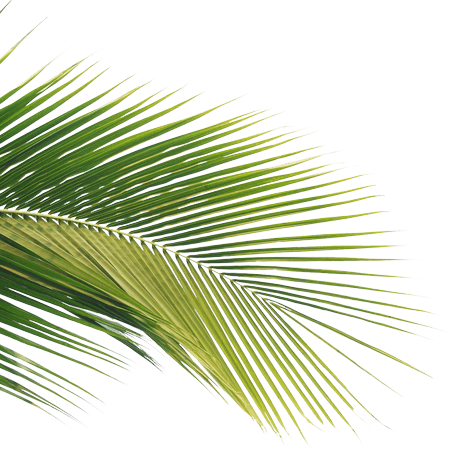
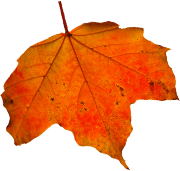
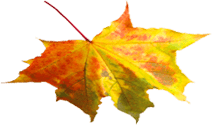
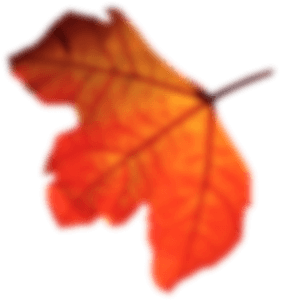



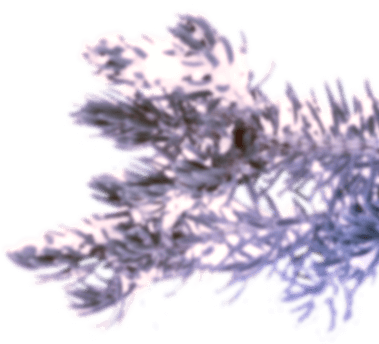

LEAVE A REPLY